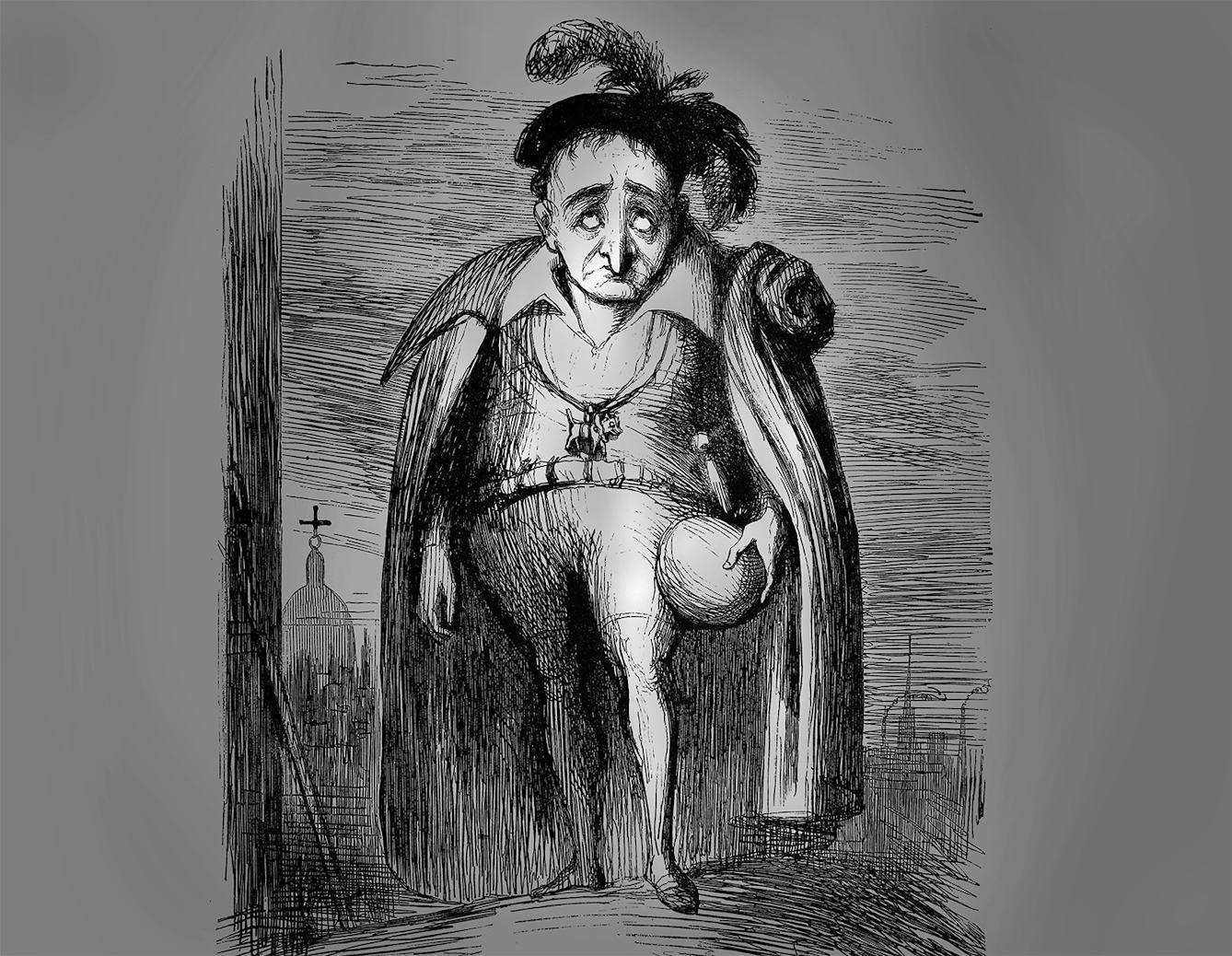
- Article
- Article
Hamlet, the melancholic Prince of Denmark
Hamlet clearly demonstrates an excess of black bile and is arguably the most famous literary melancholic.
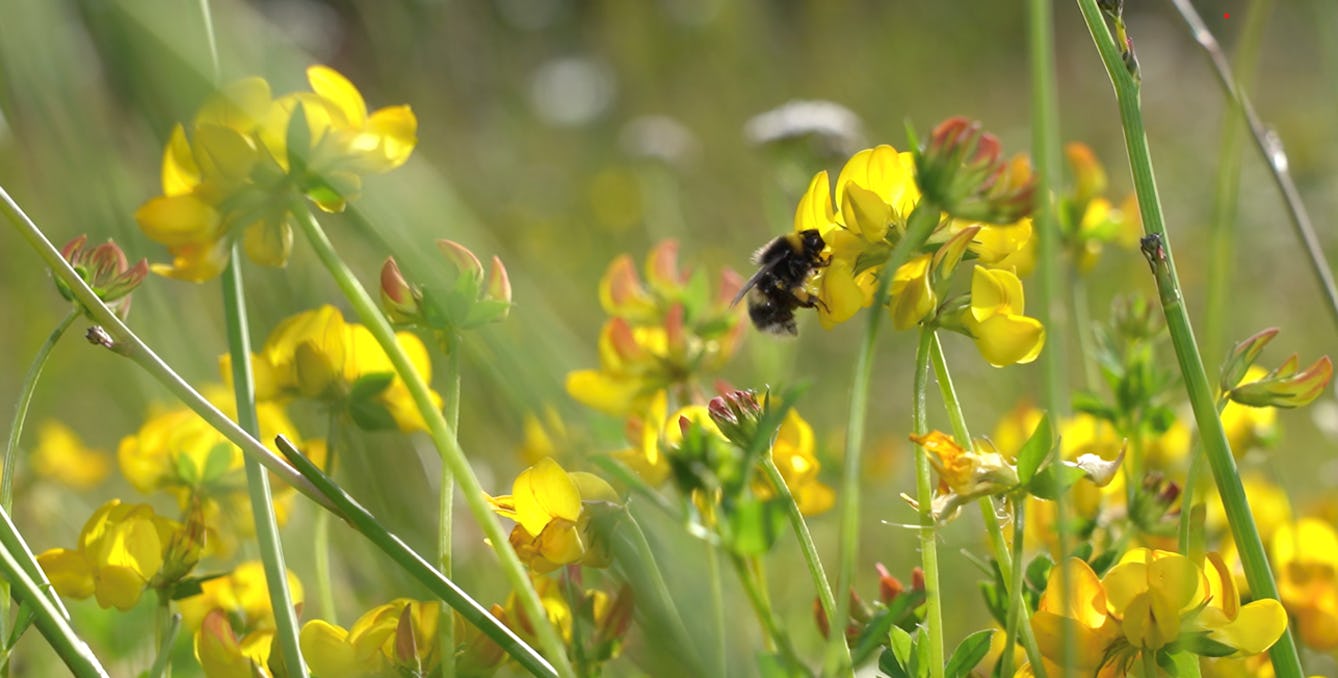
- Book extract
- Book extract
What the wind can bring
In this extract from ‘This Book is a Plant’, Amanda Thomson shares a newfound fascination with flowers, and reveals why our relationship with plants can also be complicated.

- Article
- Article
Birthdays, appraisals and Harold Shipman
Our anonymous GP ponders how a prolific serial murderer has increased the workload of every family doctor.
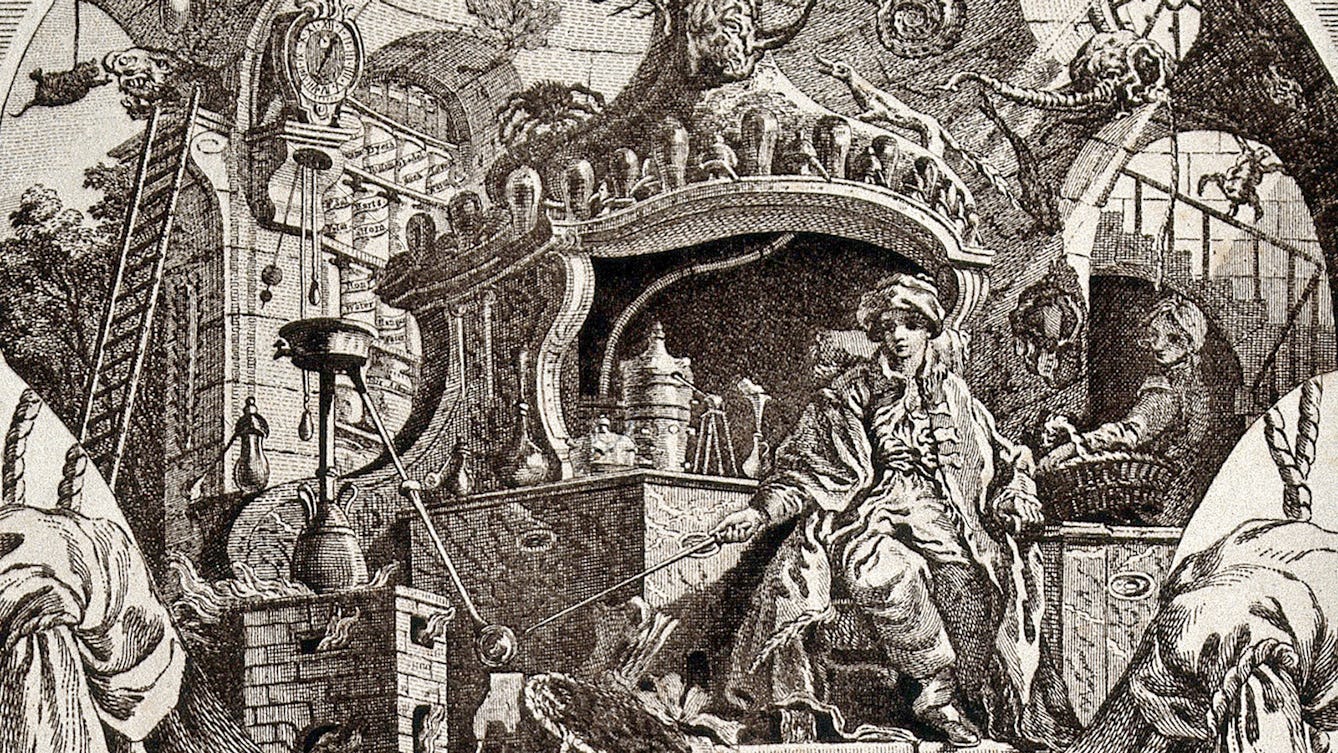
- Article
- Article
The chymist’s trade card
An 18th-century trade card reveals far more than its owner may have intended.
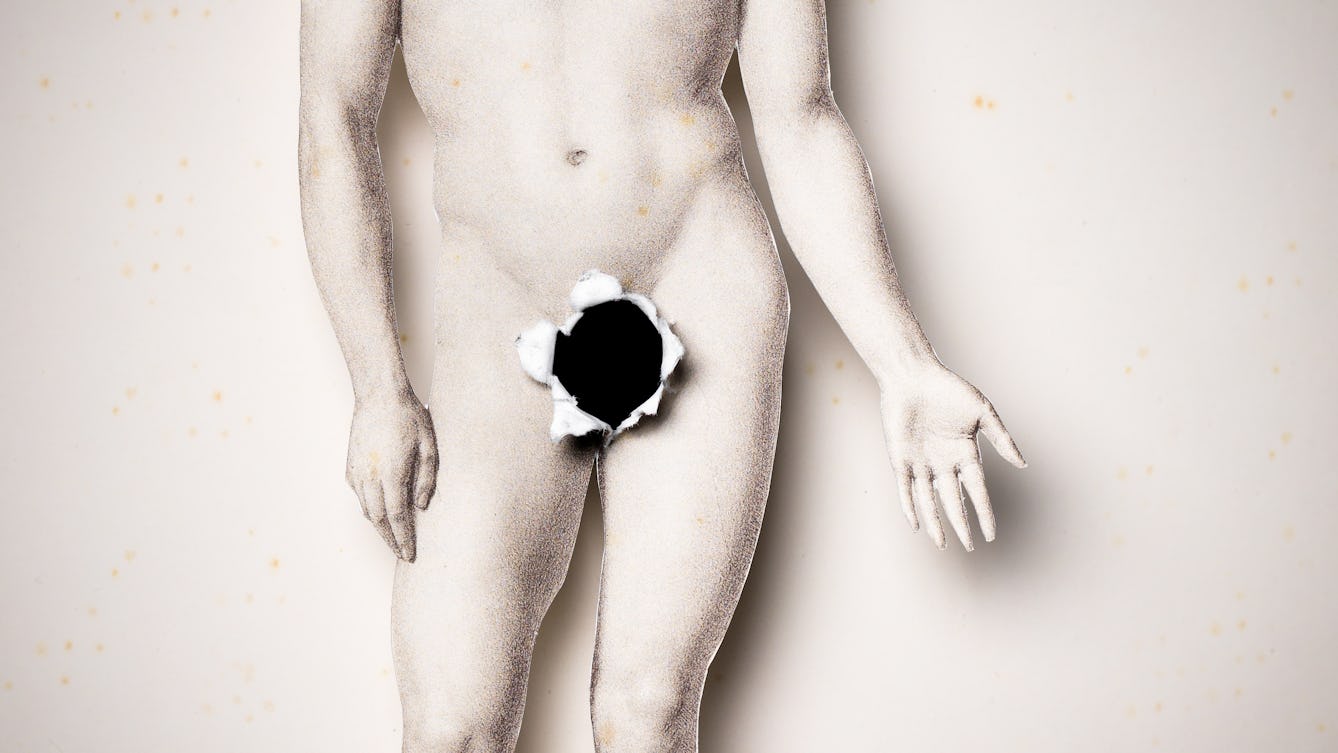
- Book extract
- Book extract
The castration effect
Discover how testosterone – or the lack of it – affects the male body, from eunuch slaves to castrato singers, and on to hormone reduction in modern prostate cancer treatment.

- Article
- Article
Maladaptive daydreaming, gender myths and me
Can you daydream too much? Excessive daydreamer Laura Grace Simpkins reflects on studies into “maladaptive daydreaming” and asks why so few fellow dreamers seem to be men.

- Article
- Article
Why some patients make my heart sink
Instead of getting nowhere with certain demanding, manipulative patients, our anonymous GP wonders if there’s a way to help them.

- Article
- Article
Doctors and the English seaside
Fashionable seaside towns in England owe much of their popularity to 18th-century doctors, who advised them to take the 'sea cure'.

- Article
- Article
Seeds for the future
Indigenous groups have a key role as guardians of biodiversity, and their knowledge could help us all preserve our world. To survive, we all need to collaborate, reject prejudice, and share what we know.

- Article
- Article
Hands-on healthcare
A young hospital volunteer feared her contribution was a long way from the serious business of real healthcare. But time spent painting patients’ nails proved to be a valuable contribution to life on the ward.

- Article
- Article
When contemporary dance meets dyspraxia
Discover why a rare neurological condition meant an enthusiastic club-night dancer struggled with formal dance classes. And how persisting with those classes paid off.

- Photo story
- Photo story
Beautiful bedding and how to die well
When you are unwell, your bed can be both a refuge and a prison. Discover how artist Poppy Nash created a bed-centred artwork inspired by her own chronic illness and depictions of ill health from history.

- Article
- Article
Coleridge’s hypochondria
An intense focus on his own bodily sensations led poet Samuel Taylor Coleridge to self-medicate with narcotics. But this fascination also put Coleridge ahead of the medical sensibilities of his day.

- Article
- Article
The search for a cure for endometriosis
Discover how a white American doctor’s experimental operations on black female slaves laid the foundations for modern gynaecological surgery.
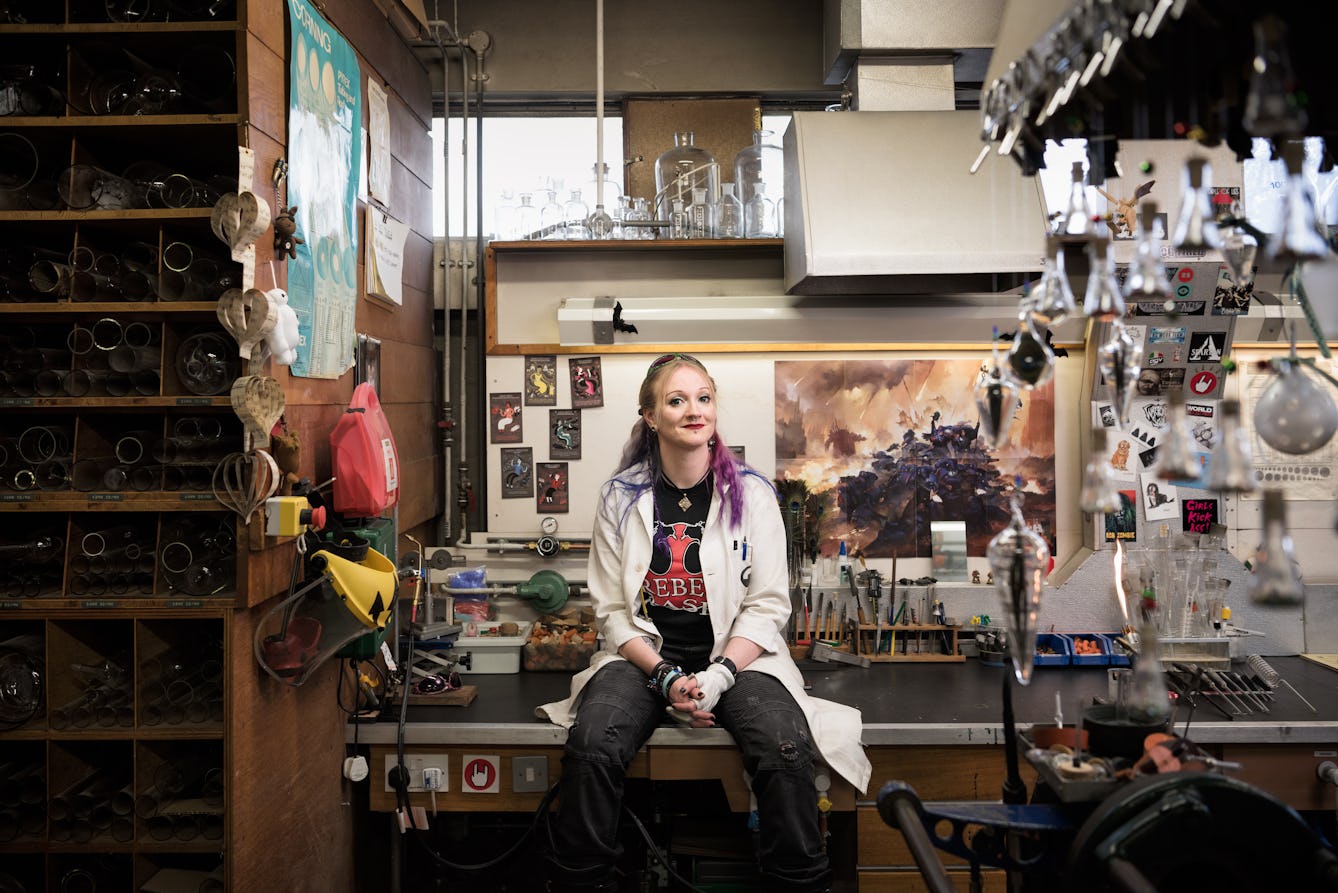
- Article
- Article
The art of scientific glassblowing
Exciting things happen when art, craft, engineering and science collide. Glassblower Gayle Price is proof of that.

- Article
- Article
Race, religion and the Black Madonna
Mystery and controversy surround the dark-skinned religious icon who represents the Virgin Mary throughout the Catholic world.
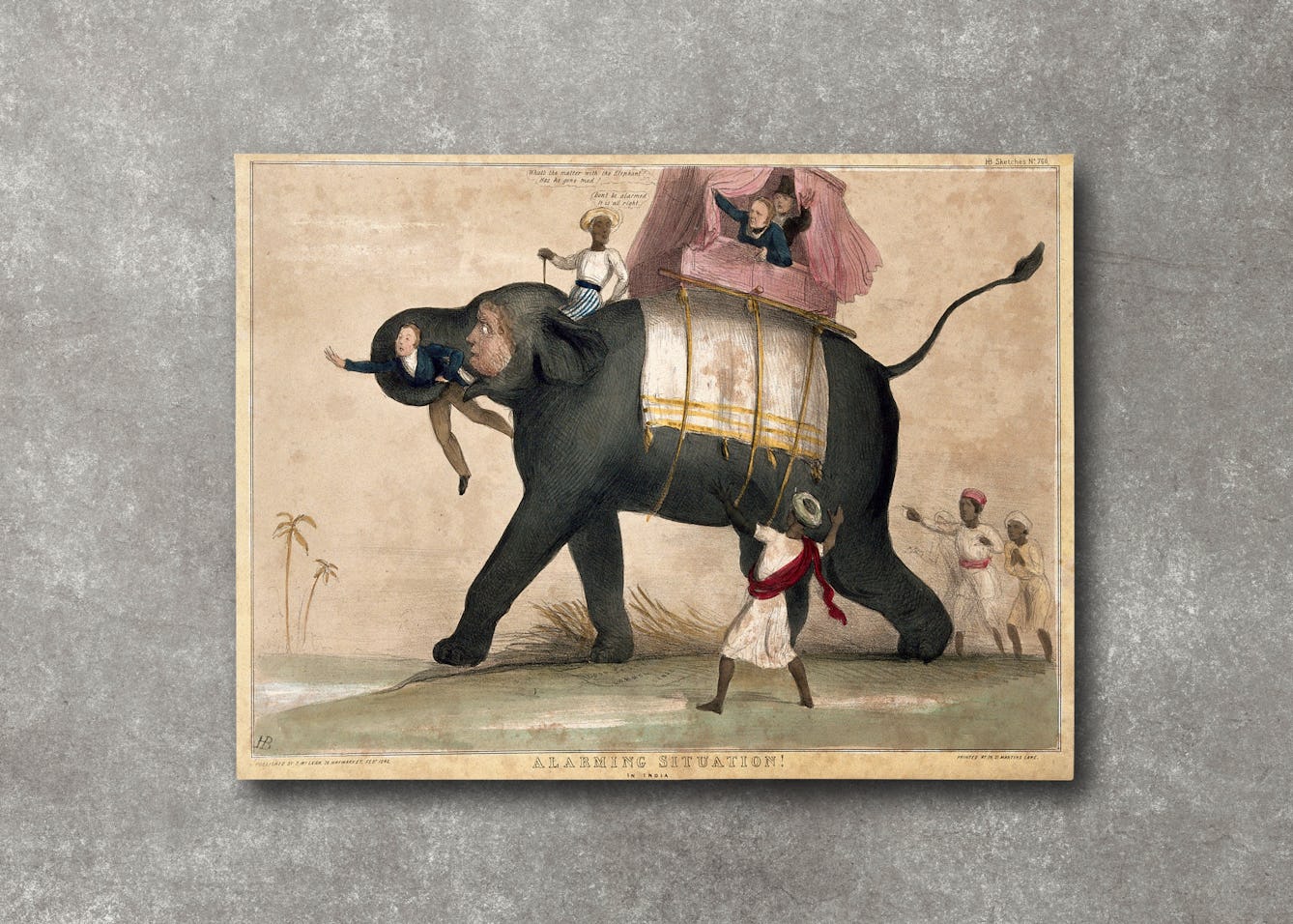
- Article
- Article
Aphasia and drawing elephants
When Thomas Parkinson investigated the history of “speech science”, he discovered an unexpected link between empire, elephants and aphasia.

- Article
- Article
In search of the ‘nature cure’
Under the competing pressures of modern life, many of us succumb to mental ill health. Samantha Walton explores why so-called ‘nature cures’ don’t help, and how the living world can actually help us.

- Article
- Article
Rediscovering Margaret Louden, a forgotten NHS hero
Bored during lockdown, David Jesudason started bin diving at night. Then a chance discovery set him on a new path: to tell the story of a forgotten female surgeon.

- Article
- Article
The politics and power of audio-description
Traditional theatre audio-description often lets down artists and audiences. But, done well, it has the potential to be a force for creativity as well as accessibility.

- Interview
- Interview
Inside the mind of George Vasey, co-curator of Misbehaving Bodies
Discover how curator George Vasey honoured the approaches of Jo Spence and Oreet Ashery, who mischievously subvert clichés around illness and death.
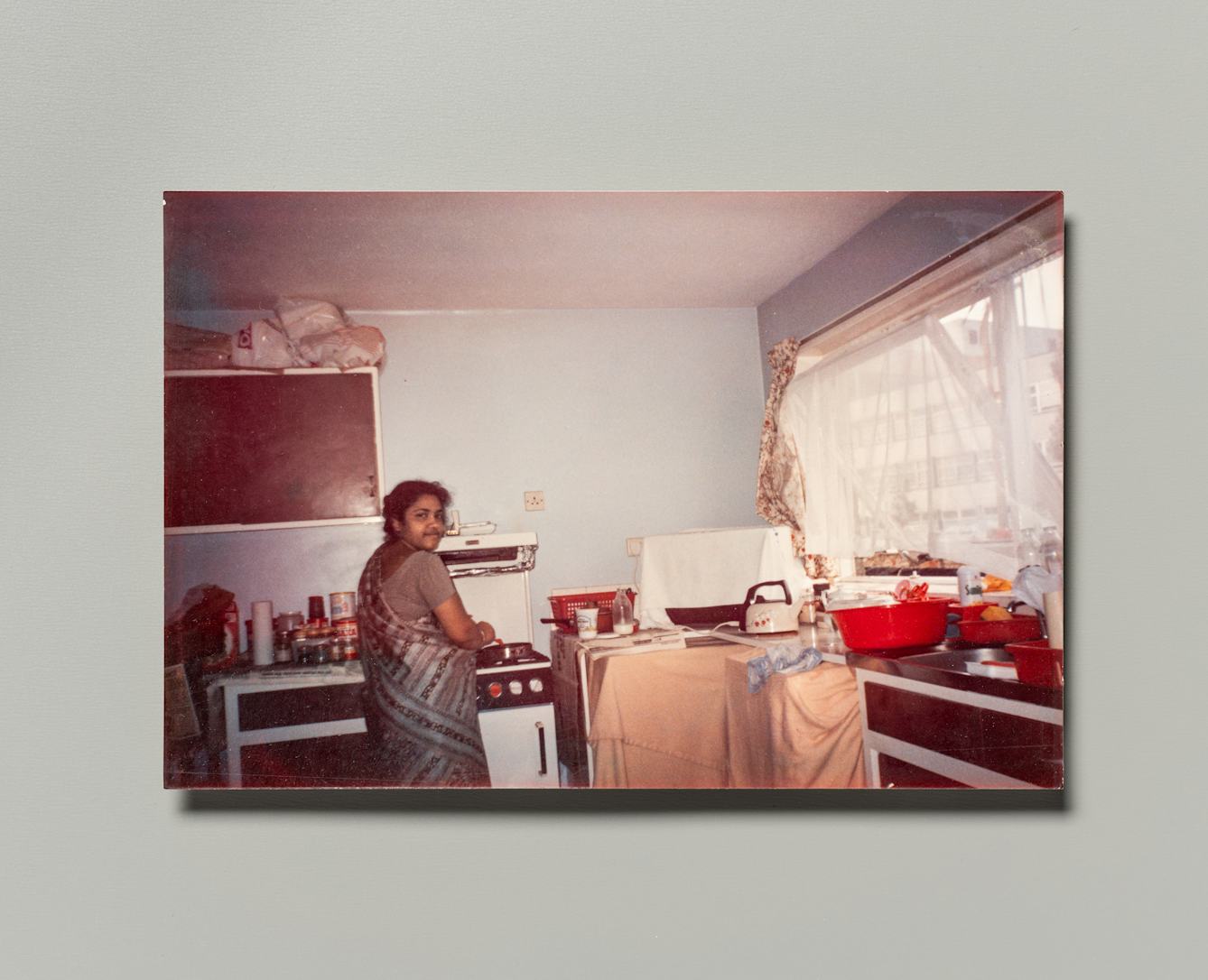
- Article
- Article
Doctor in the house
A house is not always a home – sometimes it’s impermanent, impersonal. But other aspects of the itinerant life can be the source of a sense of home.
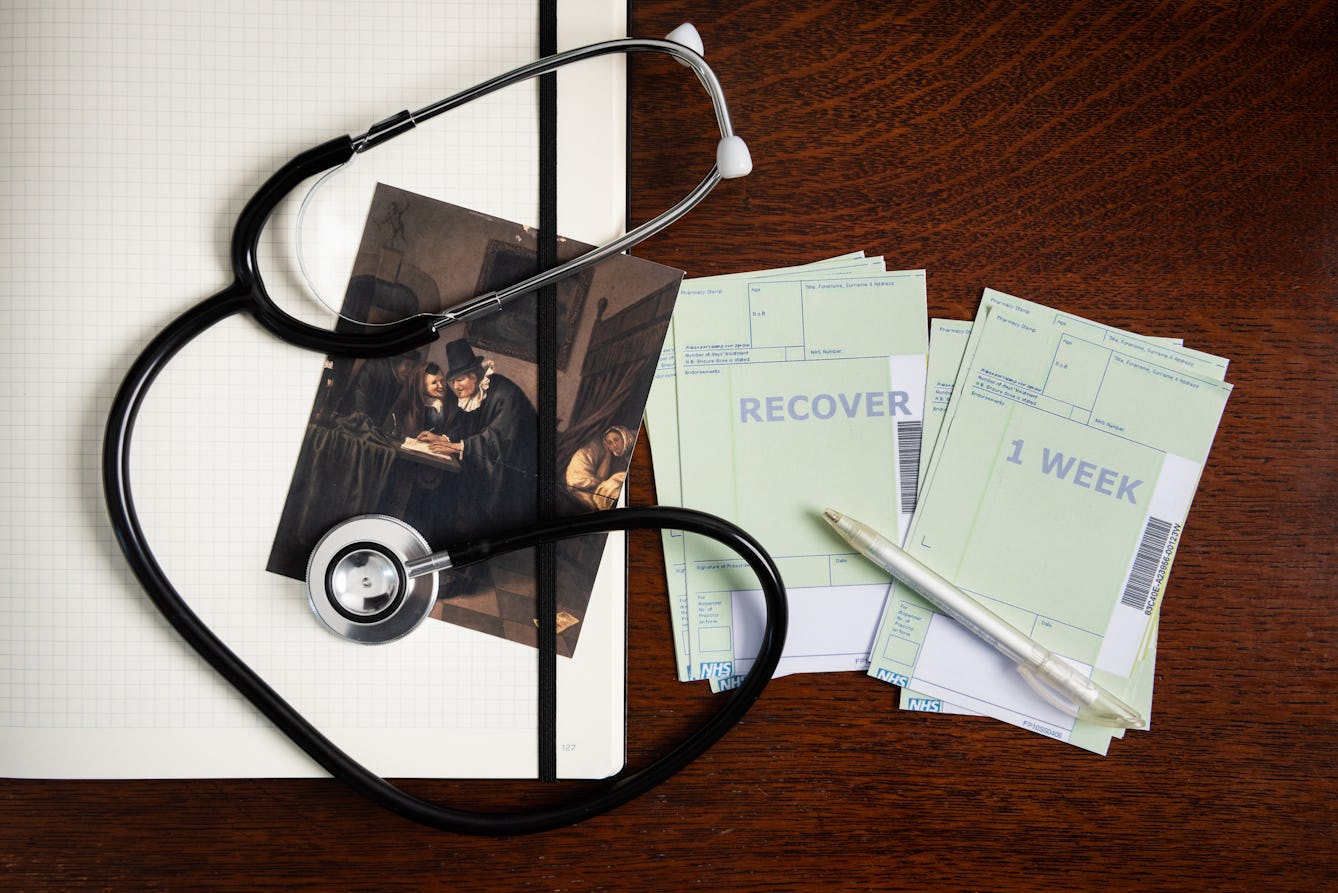
- Book extract
- Book extract
Permission to recover
When it comes to illness, sometimes the end is just the beginning. Gavin Francis argues why being given permission to recover is so important.

- Long read
- Long read
Love, grief and assisted dying
In this deeply affecting story, Michelle Elliot explores the events and emotions around the time of her mother’s medically assisted death in Canada, where the practice is legal.

- Article
- Article
Drug sharing in desperate times
When Nicole was threatened with deportation, her mental health deteriorated. Now without a job, a passport or a doctor, she depends on others to send her their leftover anxiety drugs.